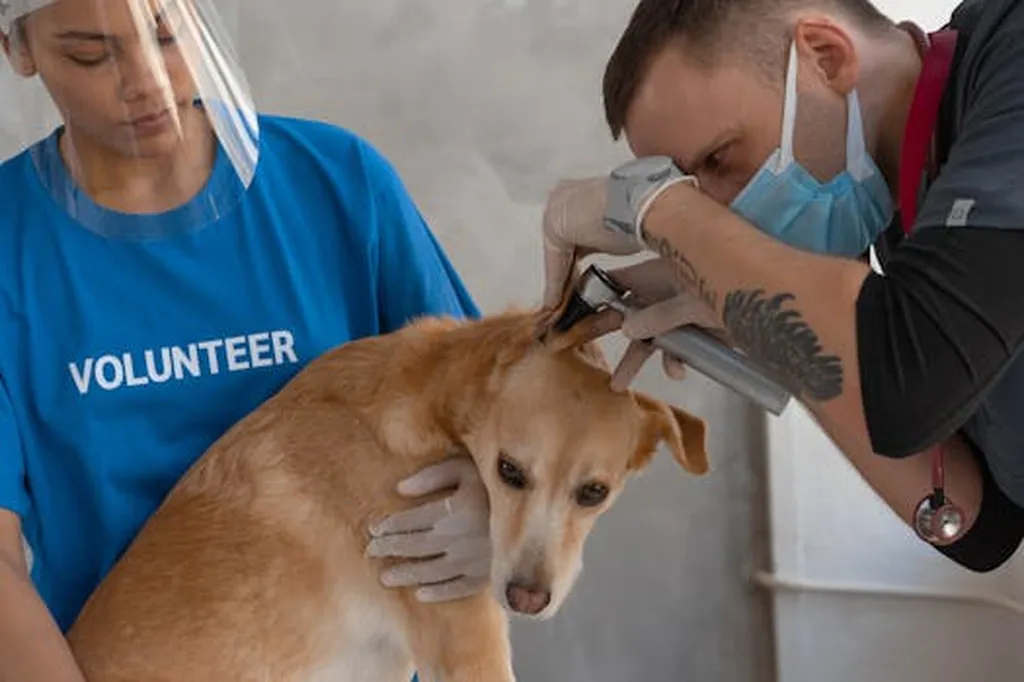In the ever-evolving world of pet care, a groundbreaking study published in *Veterinary Sciences* is shedding new light on the transformative potential of probiotics for our furry companions. Researchers, led by Jintao Sun of the Key Laboratory of Feed Biotechnology at the Chinese Academy of Agricultural Sciences, have uncovered compelling evidence that probiotics can significantly enhance the gut health of cats and dogs, offering a promising avenue for preventing and managing various health issues.
Probiotics, often hailed as “good bacteria,” have long been recognized for their benefits in human health. However, this study delves into their impact on pets, revealing that they can alleviate intestinal inflammation, regulate gut microbiota balance, and relieve diarrhea symptoms. “The positive effects of probiotics on gut health are profound,” Sun explains. “They not only improve the overall well-being of pets but also open up new possibilities for managing chronic diseases.”
The research highlights that probiotics play a crucial role in nutrient metabolism, aiding in the prevention and management of obesity and associated metabolic diseases. By enhancing nutrient digestibility and regulating energy utilization and fat metabolism, probiotics can help pets maintain a healthier weight and lifestyle. This is particularly relevant for the agriculture sector, where pet food manufacturers and veterinarians are increasingly seeking innovative solutions to address the growing prevalence of obesity-related health issues in pets.
Beyond gut health and metabolism, probiotics exhibit antiviral activity, immune regulation, and antioxidation. Specific probiotic strains have been shown to increase immunoglobulin levels, suppress the expression of inflammatory factors, and boost antioxidant enzyme activity. These mechanisms, which involve regulating metabolites like short-chain fatty acids (SCFAs), strengthening the intestinal barrier function, modulating immune responses, and optimizing gut microbial composition, underscore the multifaceted benefits of probiotics.
While the study emphasizes the broad potential of probiotics in preventing and managing chronic diseases, it also acknowledges their limited utility in addressing acute illnesses and severe organ damage. Future research is expected to focus on species-specific mechanisms of action and explore potential applications in the neurological health and behavior of pets. This opens up exciting possibilities for the development of targeted probiotic treatments that cater to the unique needs of different pet species.
The implications of this research extend beyond individual pet health, offering significant commercial opportunities for the agriculture sector. Pet food manufacturers can leverage these findings to develop innovative, probiotic-enriched products that cater to the growing demand for holistic pet care solutions. Veterinarians, too, can integrate probiotics into their treatment protocols, providing pet owners with effective tools for managing their pets’ health.
As the pet care industry continues to evolve, the insights gleaned from this study are poised to shape future developments in the field. By harnessing the power of probiotics, we can pave the way for a healthier, happier future for our beloved pets. The research, led by Jintao Sun and published in *Veterinary Sciences*, serves as a testament to the ongoing advancements in agricultural biotechnology and their potential to revolutionize pet care.

